
Left to right: Ragnar Jonasson, Ann Cleeves, Val McDermid, Leena Lehtolainen and Sara Blaedel – Stars of Nordic Noir.
“If you read my books and you’re not disturbed by them, then you probably need professional help,” said Val McDermid as she took centre stage – quite literally – on Iceland Noir’s main panel today in Reykjavik.
But she wasn’t the only star here on day three of the event – the entire panel were all world-renowned. Ann Cleeves, Leena Lehtolainen and Sara Blaedel joined the commentary, and as Ragnar Jonasson moderated, they shared some advice for new crime writers. “Figure out the time of day that’s most productive for you, then ring fence that time,” said Val McDermid. “For me it’s between 2pm and 7pm on Mondays. I wrote my first four books on Monday afternoons!”
Ann Cleeves told the audience, “Write the sort of story that you have to tell.” And Val McDermid agreed.
Finnish author Leena Lehtolainen urged young writers not to rush a good story. “Like baking, let your stories rise for a while. They need to rise like dough.”
One audience member thought she’d said ‘dog’, which lent a note of surreal humour to the afternoon, with most people laughing and one or two barking.
And Sara Blaedel, from Denmark, rounded the top tips off by saying you have to have fun and enjoy it. “Take it seriously for your own sake, not for someone else’s,” she said.
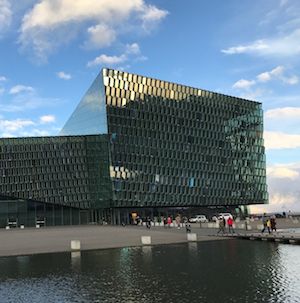 Iceland supports crime authors
Iceland supports crime authors
While most Iceland Noir events are taking place in the Nordic House, near Reykjavik’s domestic airport, this Stars of Nordic Noir session was held at the city’s huge Harpa concert venue across town on the seafront. Inside, there are gleaming black marble floors and walls in lava-coloured concrete. The dark setting made it the perfect place for an engaging discussion of murder, but better than that the enlarged venue meant many more local fans could attend. The audience wasn’t just Iceland Noir delegates.
They asked the best questions – such as, ‘Where do your stories come from?’
“I’m interested in the bad which is inside any one of us,” said Leena Lehtolainen. “I would be a murderer in certain circumstances, like if someone were to harm my children – or my cats!”
No meows this time. Sara Blaedel went on to say that her stories come to her from a very personal level. “I’m very curious about how something in life – one decision, one action – can change everything.”
Ann Cleeves mentioned her time as a prison and probation officer, which partly inspired her writing. She wants to look at families and communities through her crime writing. For Val McDermid, it’s a desire to explore the gap between the law and justice – it’s a grey area when the law is enacted but people don’t necessarily get justice.
The authors revealed their feelings on having to murder their characters. Val McDermid has never regretted writing a single murder in one of her books, though she said readers often ask her about one in Wire in the Blood, and another in The Mermaids Singing. If you’ve read them, you might know the ones she means. Leena Lehtolainen regrets killing a young figure skater in suitable fashion in one of her mysteries, while Sara Blaedel is still cut up after despatching a French chef who hits hard times in one of her Louise Rick novels.

Nina von Staffeldt and Leena Lehtolainen know
a thing or two about cold weather.
Cold times
While the Harpa building gave the session its dark tone, the chilly air you associate with Iceland and Nordic Noir came through in an earlier panel entitled Coldscape at Nordic House. The location itself has been raked by a frigid wind throughout the event so far. Moderated by William Ryan (Ireland), authors Nina von Staffeldt (Greenland), Leena Lehtolainen (Finland), Marsali Taylor (Shetland) and James Oswald (Edinburgh) talked about how the varying degrees of cold in settings they use impacts on their approach to writing.
“I’ve been going to Greenland for 20 years and when I return to Denmark I’m met with a view of Greenland of 40 years ago,” says Nina von Staffeldt.
The Greenland she depicts isn’t necessarily one of poverty and dislocation for the native inhabitants, struggling with identity. It’s a modern, advanced place and people are proud of their indigenous roots. “You can go hunting for seal in the morning and go home and use Twitter or Skype with a friend in the United States in the afternoon.”
The Coldscape writers said that the season is the first consideration when beginning a story, but in different ways. “When I start a novel the first thing I plan is the time of year,” said Leena Lehtolainen, and she went on to explain that her next novel will be set in October in Finland, when it can be cold, moody and dark, but not so clean and frozen as winter.
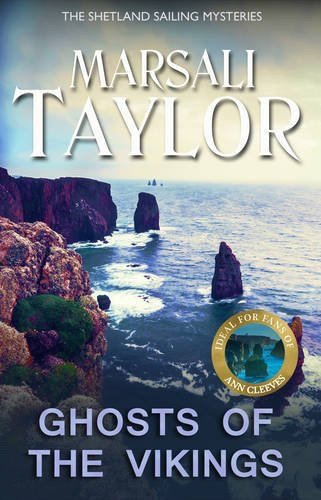 Marsali Taylor also decides on the season first. “Then I go out in Shetland at that time of year with a notebook and look at nature, and note when the sun goes down,” she said. Because her main character Cass Lynch lives right on the water, and because what happens in the story could mean she ends up in the water, the time of year can determine how long she survives what Marsali throws at her.
Marsali Taylor also decides on the season first. “Then I go out in Shetland at that time of year with a notebook and look at nature, and note when the sun goes down,” she said. Because her main character Cass Lynch lives right on the water, and because what happens in the story could mean she ends up in the water, the time of year can determine how long she survives what Marsali throws at her.
James Oswald, on the other hand, uses the weather in an entirely different way. He looks outside at what it’s like and then chooses the opposite weather for the story he’s working on. “My new book ends in a great snowstorm that plunges the city into chaos which echoes the chaos in the investigation,” says the creator of the Tony McLean series.
For Icelandic crime readers, one highlight of the day was the awarding of the 2016 Icepick prize – literally the trophy is a map of Iceland with an icepick stuck in it. It goes to the best translation of crime fiction into Icelandic of the year. The winner was Ragna Sigurdardottir for her work with Dutch author Marion Pauw’s Girl in the Dark. The Dutch invasion isn’t only happening on Walter Presents!
The day also included panels on Taking Liberties with History, Swearing in Crime Fiction (dominated by Scots), and Queer Crime. The Strange Places panel first thing in the morning featured the most timely quip, though. William Ryan, who has set books in Stalin’s Russia and Nazi Germany, was asked what strange place he’d like to set his next book. “Somewhere that isn’t a totalitarian regime,” he said.
“Good luck with that one,” responded Barbara Nadel, drawing a round of applause…





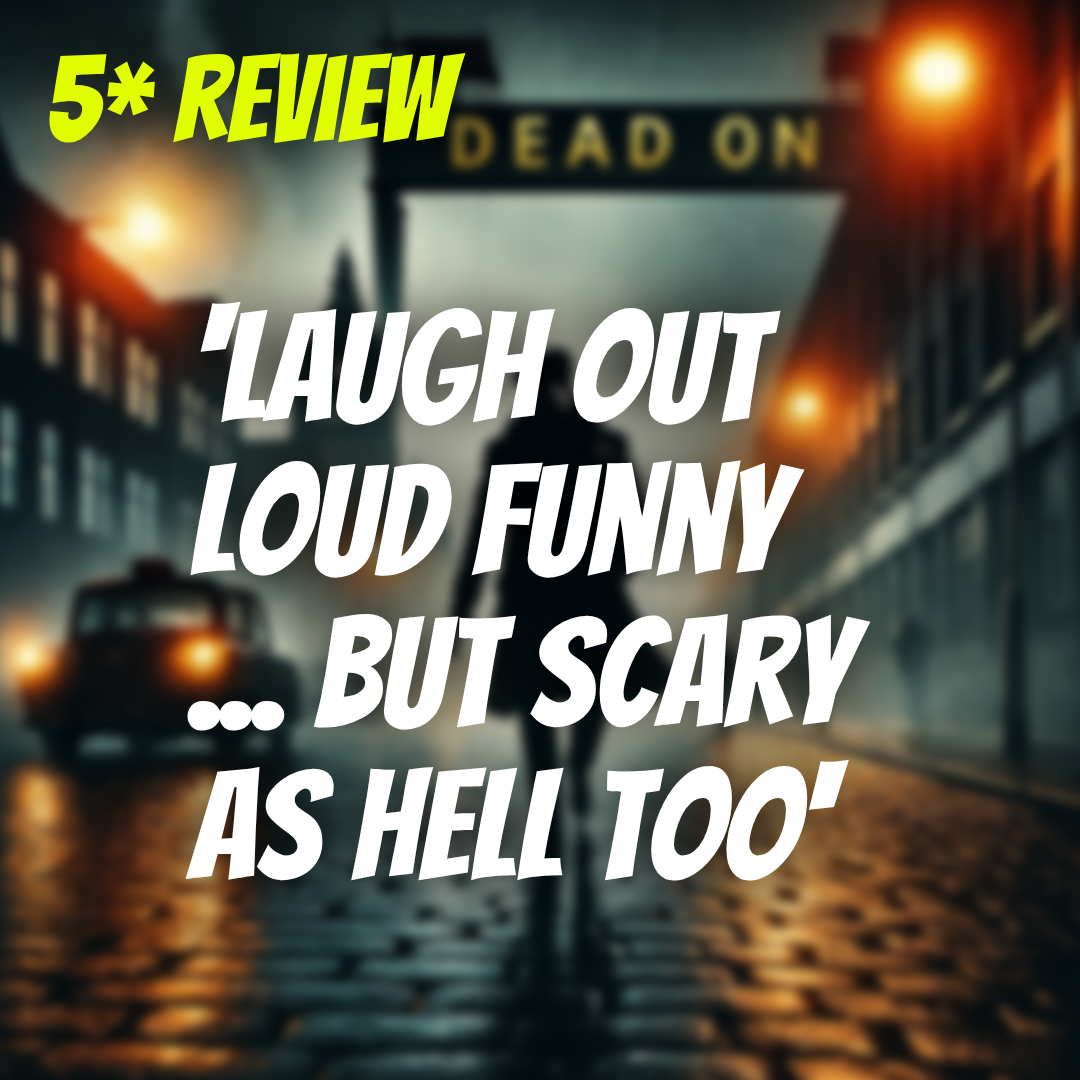
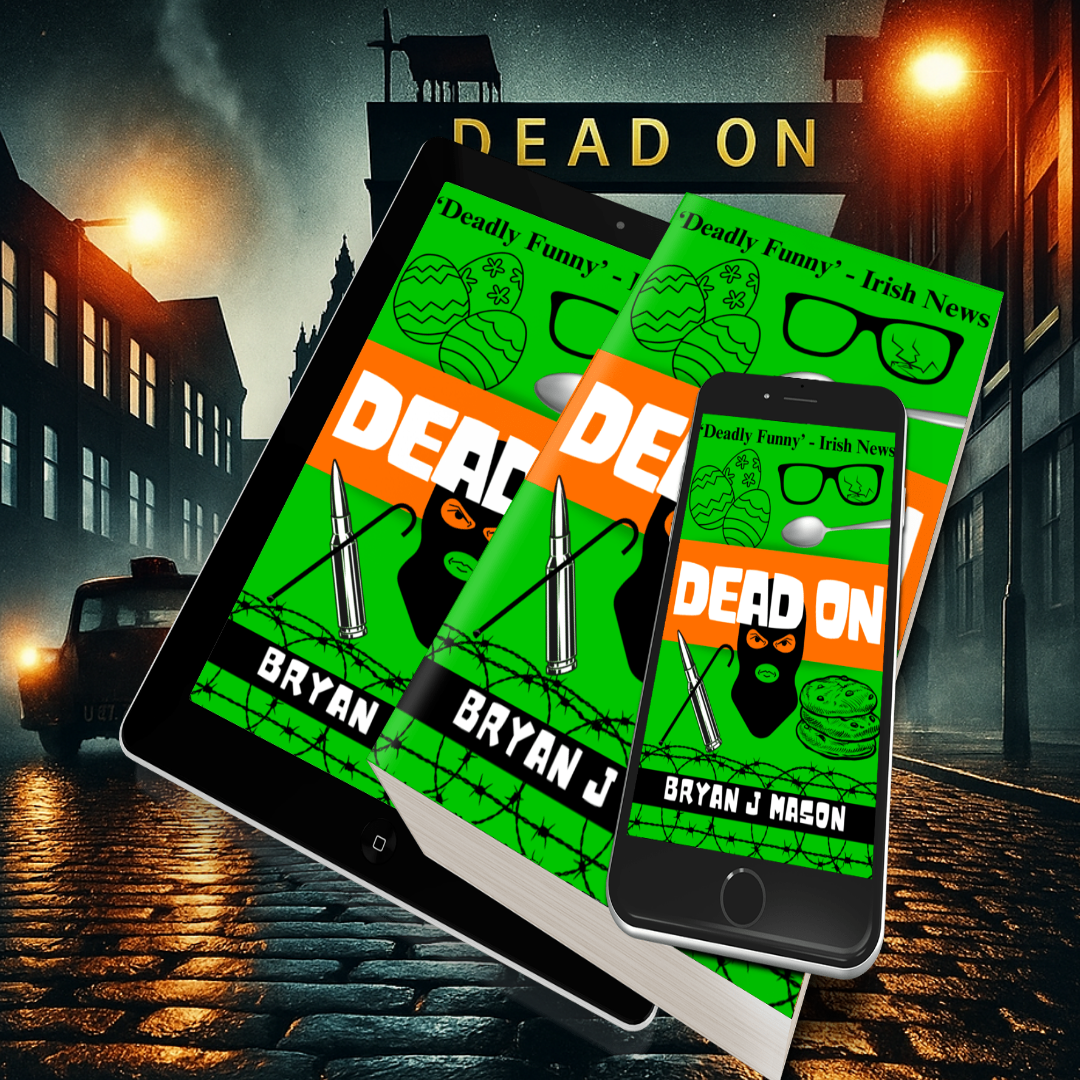
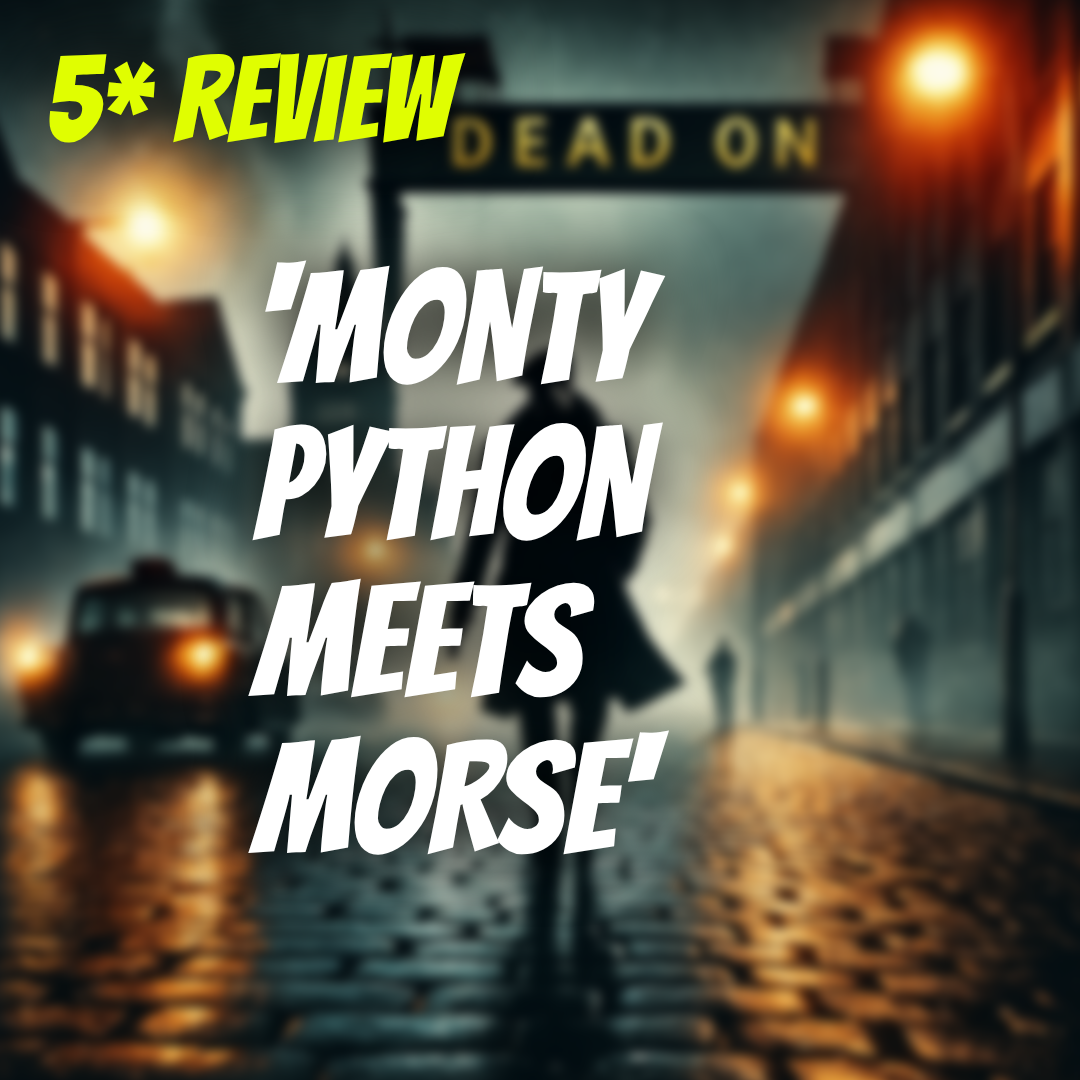
I was in Iceland during Iceland Noir, but on a guided tour. Thank you for the fabulous coverage! Hoping to attend someday.
Also very happy to find all the Nordic recommendations here.